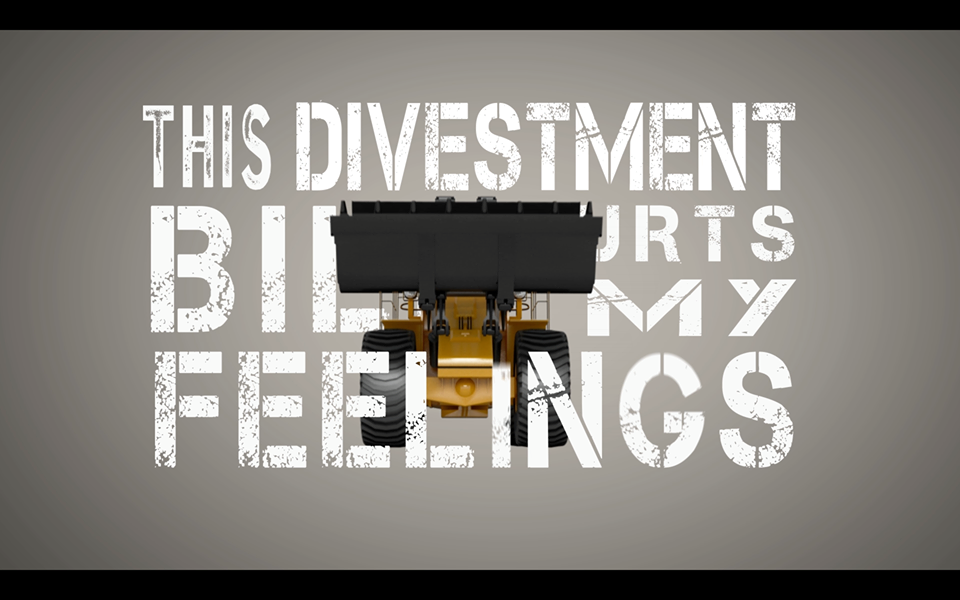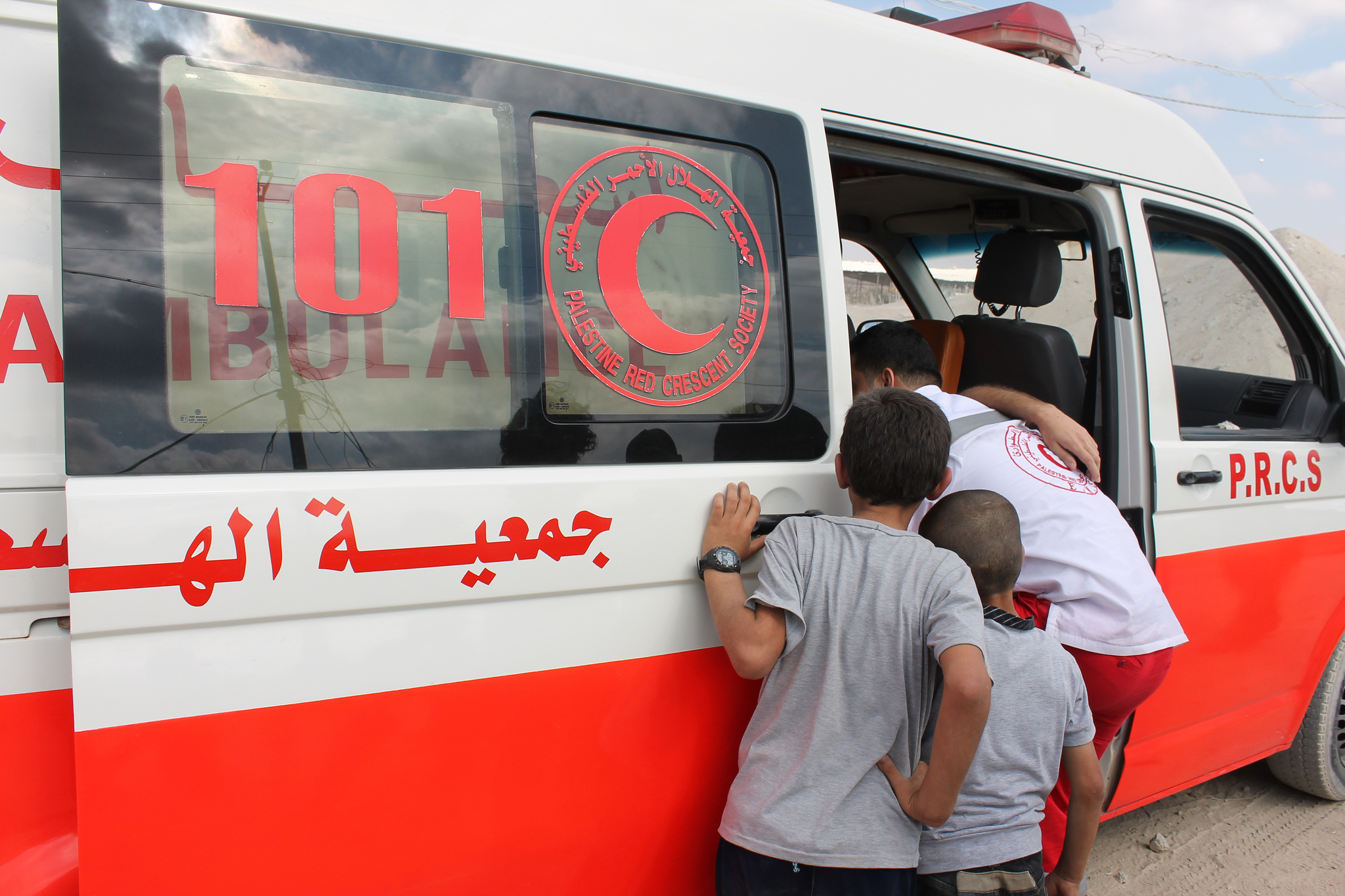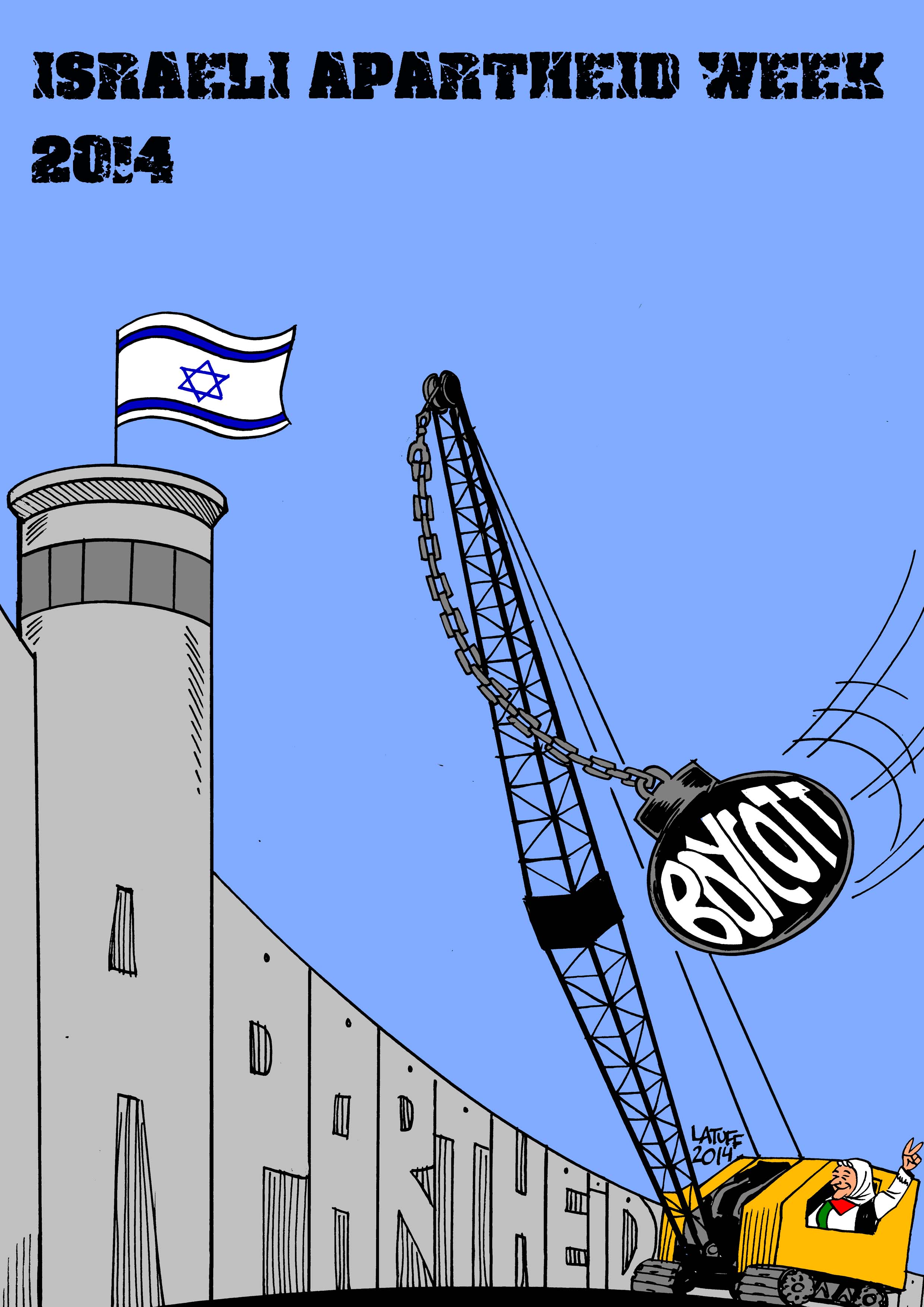Tag: BDS
-
VIDEO: Remi Kanazi – This Divestment Bill Hurts My Feelings
19th February 2014 | Remi Kanazi | Occupied Palestine
-
Announcing Israeli Apartheid Week 2014
14th February, 2014 | Israel Apartheid Week | Various Locations Israeli Apartheid Week (IAW) seeks to raise awareness about Israel’s apartheid policies towards the Palestinians and to build support for the growing Boycott, Divestment, and Sanctions (BDS) campaign. Reflecting the global grassroots rejection of Israel’s military and political aggression, IAW was held in more than 200 locations…



